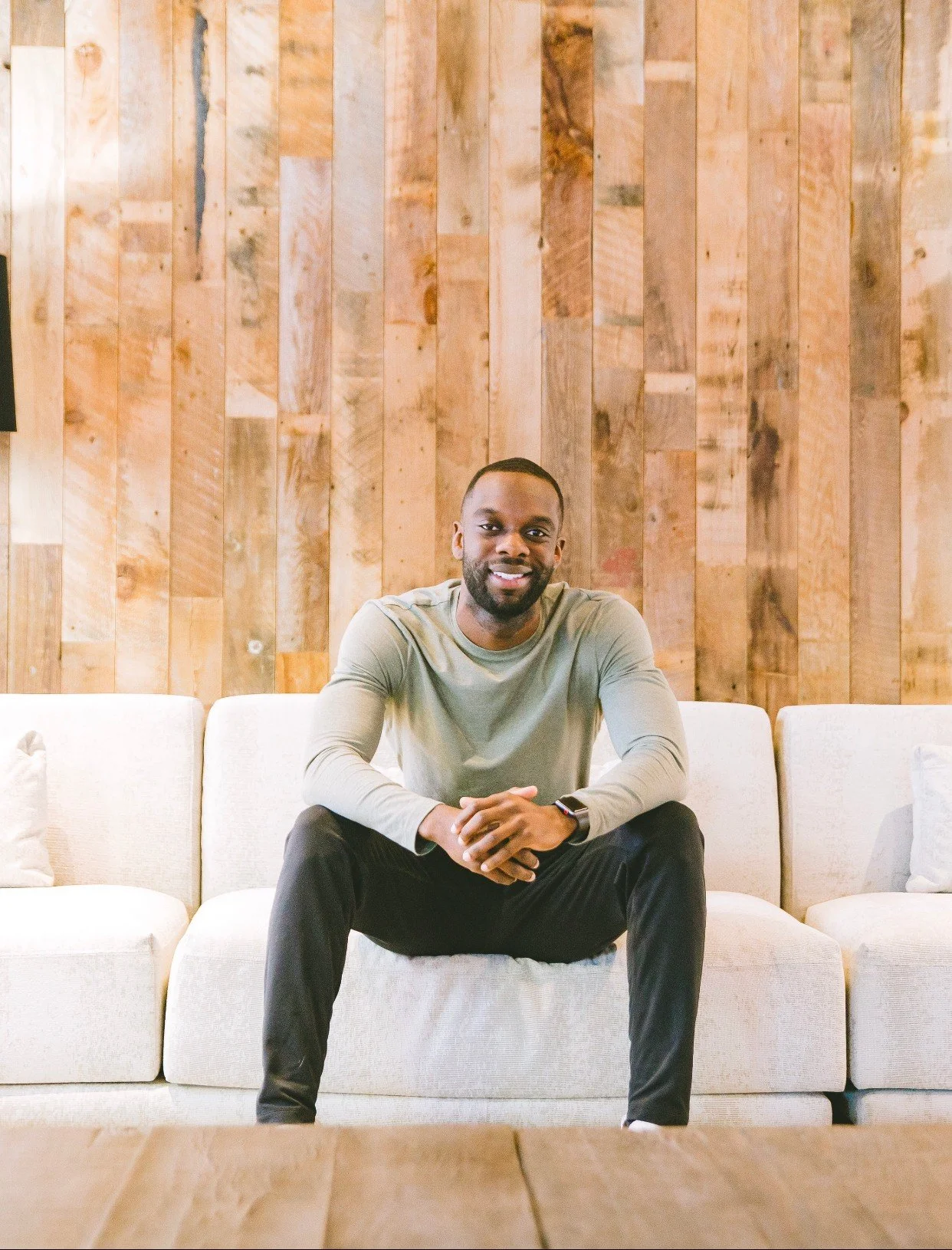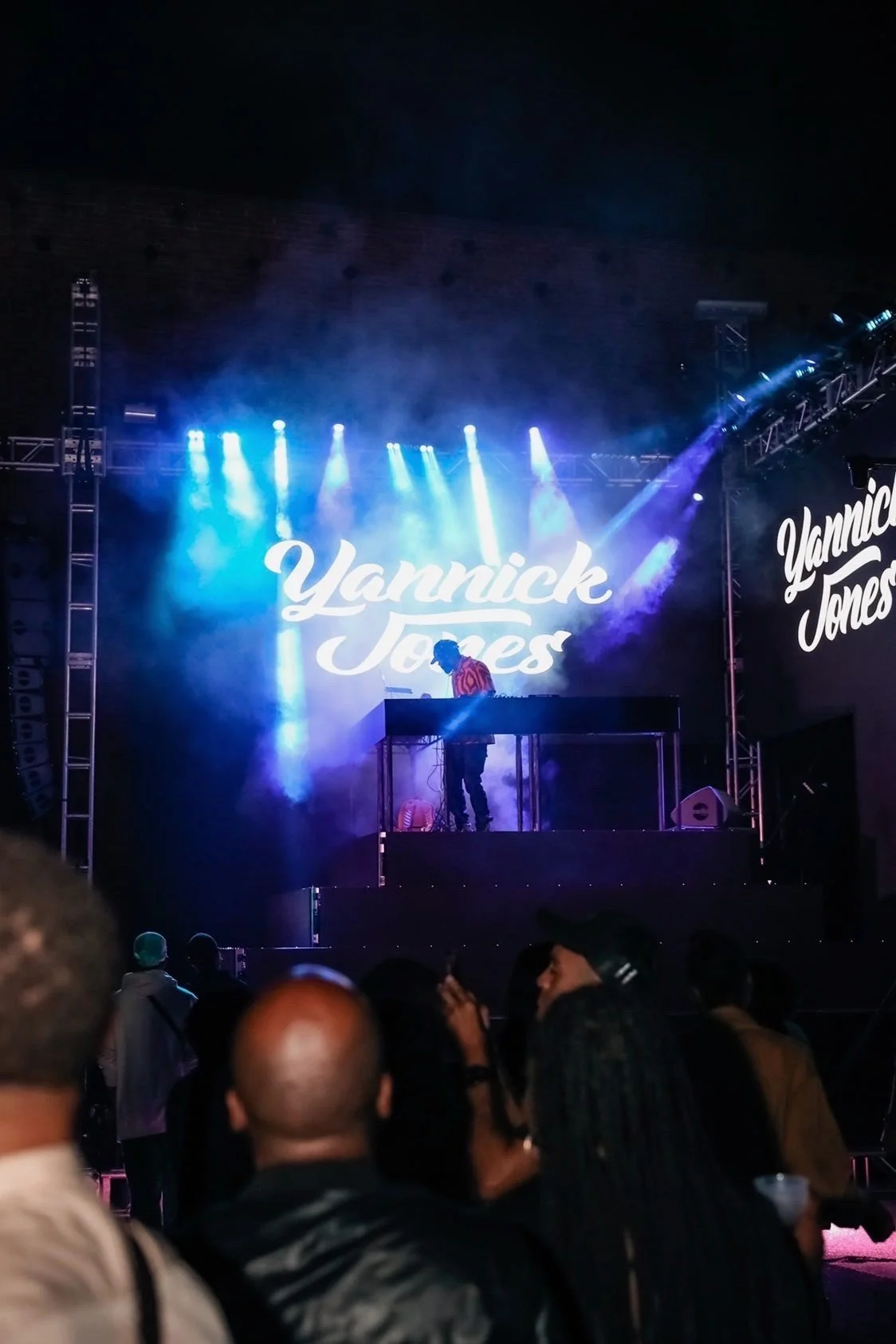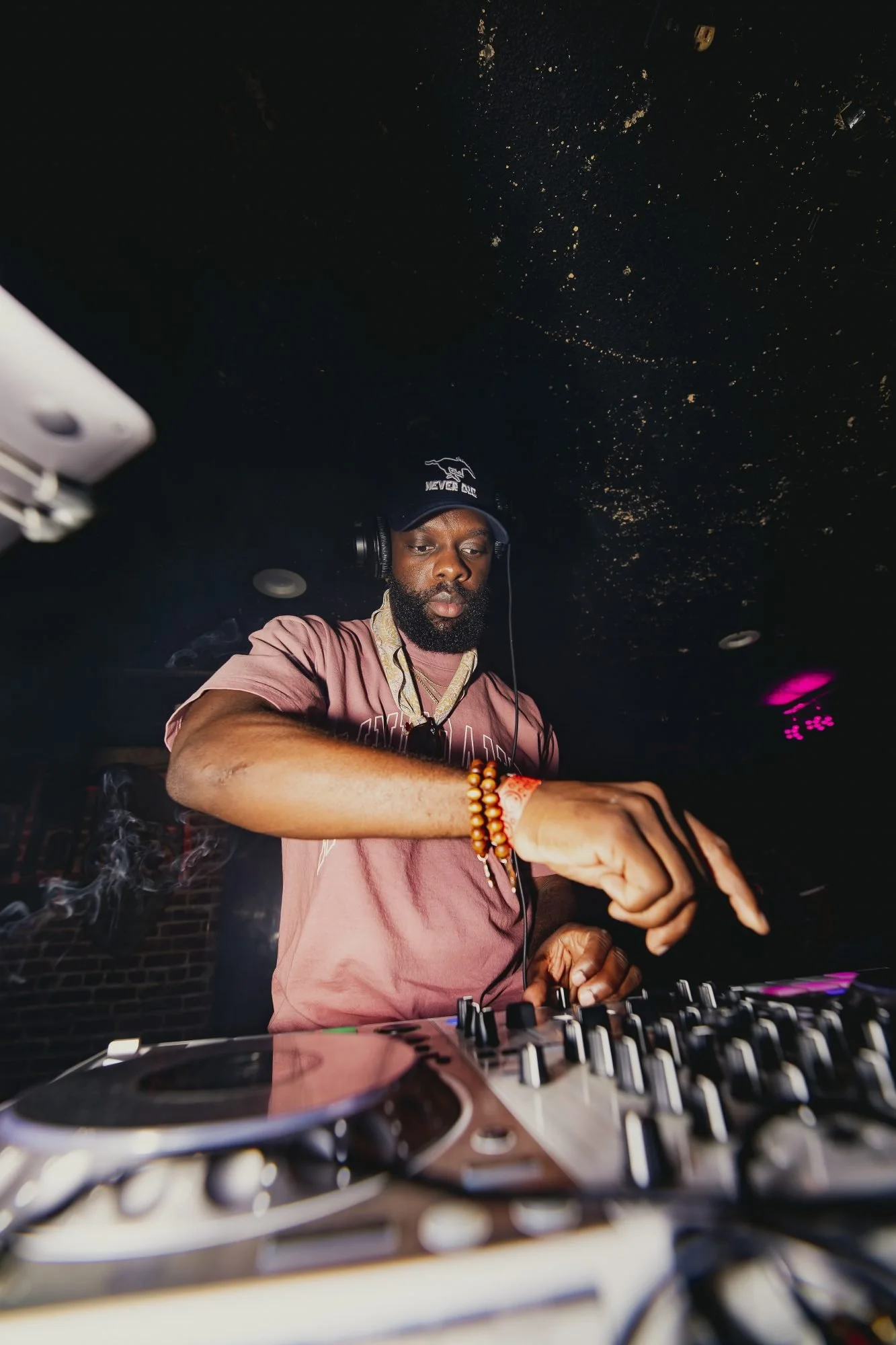Yannick Jones (All rights reserved to owner)
Yannick Jones is a San Francisco–based DJ, producer, and tech strategist who uniquely bridges the worlds of engineering and nightlife. Originally trained in piano, trumpet, and baritone and a dancer for nearly a decade, his passion for sound evolved into DJing during the pandemic as a creative outlet after long workdays. By day, Yannick is a Senior Technical PM at Snapchat, blending precision with creativity in his professional life. But when he’s behind the decks, he brings an entirely different energy: electrifying crowds in LA with East Coast flair, genre-bending mashups, and infectious Afrobeats and Amapiano grooves.
After graduation, you pursued a career in computer engineering. What were your original career aspirations, and how did they evolve over time?
YJ: My original goals and aspirations were to be the next Steve Jobs. A big Steve Jobs fan, big Apple fan. Read all his books, biographies, and I really just wanted to be a tech guru and be in that space where another individual who looks like myself can look up and see somebody in senior leadership in a FANG organization. So, yeah, I wanted to be the Black Steve Jobs.
Yannick Jones in action (Rights reserved to owner)
Music has always been a part of your life—from playing piano to professionally dancing as a kid, you’ve always found ways to express yourself. But you didn’t start DJing until the pandemic. What was it about that specific moment in time that pushed you to finally explore DJing?
YJ: During the pandemic, living in New York, there was just time. I was literally just in my apartment, and one day, I just decided that one, I'm going to learn a new hobby, and two, I'm gonna learn a new language. So I literally wrote down everything that I'm good at, everything that I like doing, everything I am not good at, everything I don't like doing, kind of made, like, a linear graph. And music was just in the center of it. From music, I kind of looked at different options of what I actually want to do and like doing. Ultimately, it was actually producing that I wanted to get into, and then I started looking up and researching producers and seeing how their journey started off with DJing. Pharrell and Dr. Dre, they dipped and dabbled in DJing for a little bit. Even DJ Khaled was another great producer. I was like, “Okay, well, maybe I need to start off DJing,” and literally, I just bought a controller one day.
I was in my room for hours, just trying to figure out how it works, and playing around on YouTube. My roommate at the time, two of my best friends, would hear the terrible transitions that I would do, and come in a room, knock on the door, and be like, “Yeah, that one's not it.” But I thank them because they were really honest with me.
Then one day I DJ'd at The DL, Delancey in New York. Mind you, I was DJing when nobody was there—literally probably five people there. But of the five people, there was a lady there who worked at Complex, the magazine, and she heard the two good transitions that I made. She took my contact, and then from there, she asked me to DJ at ComplexCon, and then that turned into something crazy, and, you know, now we're here.
“She took my contact, and then from there, she asked me to DJ at ComplexCon, and then that turned into something crazy, and, you know, now we're here.”
- Yannick Jones
Many creatives step away from the 9–5 to fully pursue their art, but you’ve chosen to maintain both worlds. How have you learned to manage a demanding role at Snapchat while still growing creatively?
YJ: Honestly, it's really tough. It's tough because I travel a lot for the events that I do now. From places like DJing in Dubai, South Africa, literally all over India, and, you know, living in LA for long periods of time, and just traveling from LA anywhere is kind of tough. It's really tough because I also have to be in the office for a certain number of days.
But my managers are understanding at every company I've been at that as long as it doesn't affect your work, as long as I meet my deliverables on time, then I can keep doing it. And I honestly just had a real transparent conversation where I told my manager, “I just want to go through every door that God opens.” And every opportunity—well, not every opportunity, but most of the opportunities that I get with DJing—I at least try and explore. But it is tough. People ask, “When do I sleep?” I usually tell them on the plane, but I'm trying now to say no. I just got under management with CFG, and my boss over there kind of tells me, “You know, there's certain gigs that we're gonna have to sit out, just so you could get your rest.” So I'm learning how to say no, but it's tough, it's tough.
Yannick Jones DJing (All rights receiver to owner)
For someone considering an unconventional career (whether it’s in music or any creative field) what’s the most important mindset or habit they need to develop early on to “make it”?
YJ: Consistency. And I would say, especially with learning during the pandemic, I had no excuse to not practice or not to be consistent. So I would say consistency is the biggest thing. It doesn't even matter if you're trying to be a florist, if you're trying to be a cook, if you're trying to be a DJ, if you're trying to be an engineer. Just consistency in practicing the craft and learning the craft, and taking a step back to appreciate. In my case, respecting that I'm not gonna come in and be the headline person at every gig that I do, but respecting the people who came before me, the mentors who teach me, and stuff like that. I've just been going in with an open mindset and taking feedback, and, with that feedback and constructive criticism, just really going back and trying to perfect that craft a little bit.
What role does representation play in helping the next generation believe that their dreams and aspirations are truly possible?
YJ: I think it plays a big part. I'm a big personal brand person, where even if it's at work for the 9 to 5, or DJing, I always try and represent not only myself, but knowing that even as a Black engineer in the space where we aren't necessarily represented that much, I know that my work, and my behavior, and just the way I show up could be beneficial to the next person, as long as it's in a positive way.
So even at times where I feel like it's not going my way, and I want to react a certain way during a meeting, I know I'm not only representing myself, but the people who are in the pipeline, trying to get hired, or interviewing—whatever the case may be. So I really try and lead with that, and knowing that my actions could also affect somebody trying to come in.
The same thing with DJing—where if I play for diverse crowds or a crowd where it's not that many people that look like us, I still try and show up in a way where they're like, “Oh, okay, we don't need a particular person who looks a certain way as a DJ, and this person actually knows how to curate music for this space.” So I think representation's a big, big part, and not only just DJing, but just everything that we do.
Want to hear more amazing stories like this? Check out our “More of Us” series! If you want to connect with Yannick and support the work he is doing, follow him on social @yannick.jones and get in touch with him by clicking here.



